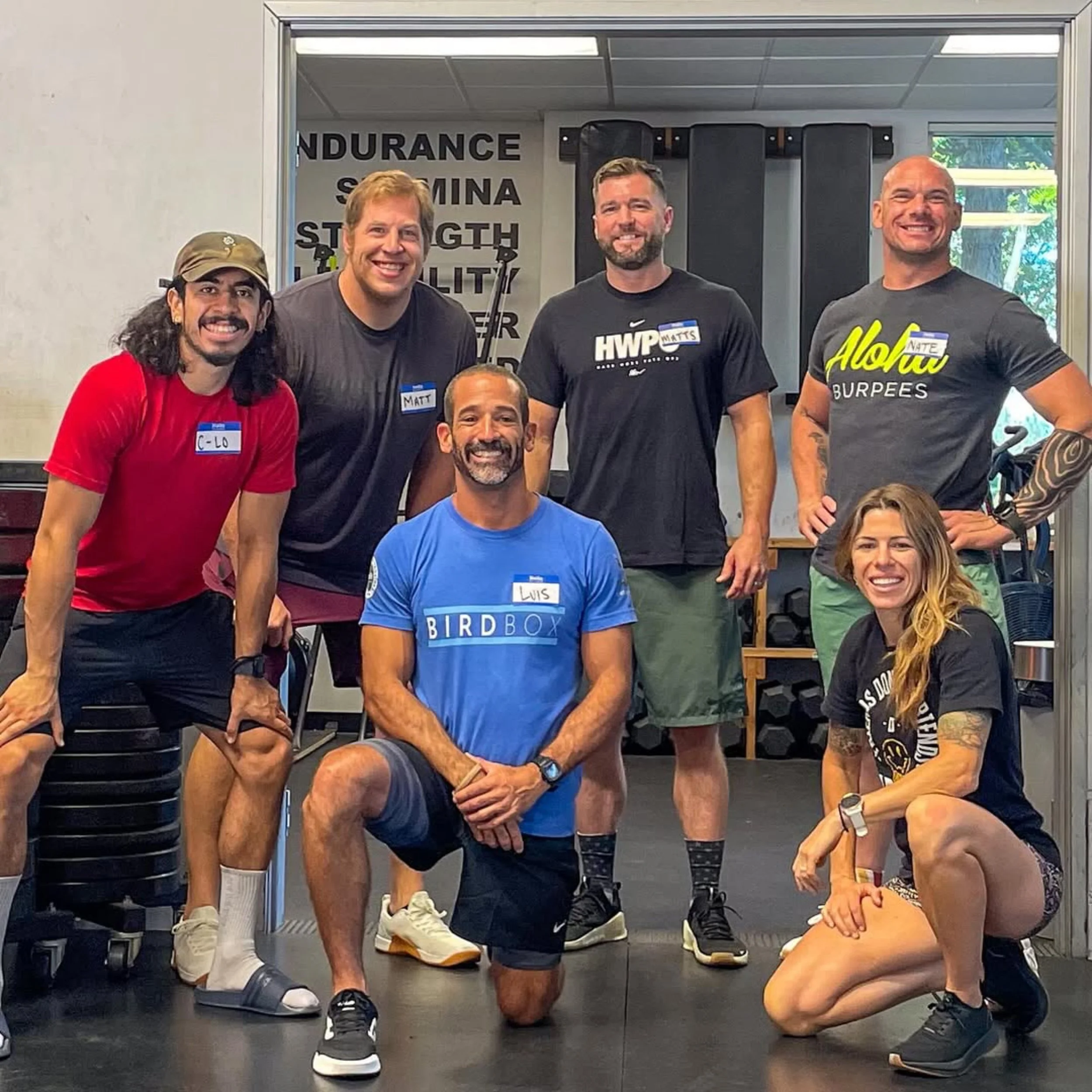
From Performance to Mastery: Rethinking Coaching Through Epstein’s TARGET Framework
From Performance to Mastery: Rethinking Coaching Through Epstein’s TARGET Framework
CrossFit has had a profound influence on the global fitness industry. Its rapid growth, powerful community, and emphasis on measurable outcomes have shaped a generation of exercise professionals. Yet, as with many performance-driven models, the educational systems within CrossFit tend to prioritize results over learning.
This outcome-based, performance-focused orientation mirrors what Epstein (1989) described as a performance climate—an environment where success is defined by outperforming others, rather than by growth, effort, or skill development.
By contrast, a mastery climate emphasizes individual progression, learning, and autonomy. If we apply Epstein’s TARGET framework—Task, Authority, Recognition, Grouping, Evaluation, and Time—we see how CrossFit education has tilted almost exclusively toward performance, and how coaching could evolve to better support mastery.

Why Great Coaches Encourage More Than They Correct
Why Great Coaches Encourage More Than They Correct
If you’ve ever sat on the sidelines and watched a coach bark at an athlete after a mistake, you’ve
probably felt the tension ripple through the team. The athlete hangs their head, the energy dips, and the
joy of the game seems to fade away. Sadly, many coaches still rely on criticism and punishment,
thinking it will “toughen up” their players.
But research says otherwise. For over 30 years, sport psychologists Ronald Smith and Frank Smoll
have studied what really makes coaches effective. Their findings? The most impactful coaches aren’t
the ones with the loudest voices ̶ they’re the ones who encourage, support, and create a climate
where effort and improvement matter more than perfection.

Emotional Intelligence and Coaching: Unlocking the Mental Edge
Introduction
Coaching is often framed in terms of technical expertise. We use biomechanics, programming, and performance metrics to track growth. While these are essential, they represent only part of what makes a coach truly effective or transformational.. The ability to connect with athletes on a human level, to understand their emotions, and to manage the dynamics of the coaching floor is equally critical. This is where emotional intelligence (EI) becomes indispensable. This allows space for the Coach-Athlete-Relationship to flourish.
